Performance & Wellness Hub
Blog Posts

The Rise of Clean Label Products: Why Consumers...
Back in the day, clean label products weren’t a thing. Many brands could hide behind proprietary blends, essentially allowing them to potentially fairy dust ingredients, and you would never know. Additionally,...
The Rise of Clean Label Products: Why Consumers...
Back in the day, clean label products weren’t a thing. Many brands could hide behind proprietary blends, essentially allowing them to potentially fairy dust ingredients, and you would never know. Additionally,...
Read More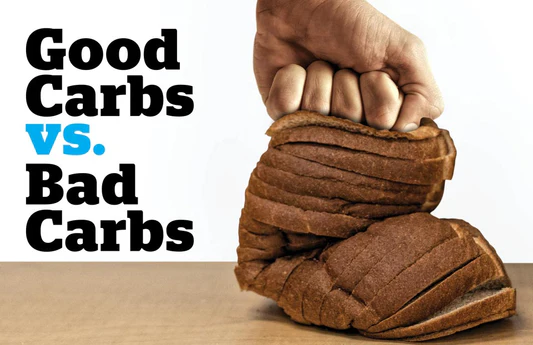
Good Carbs vs. Bad Carbs: What You Need to Know
Carbohydrates often receive mixed reviews in the nutrition world. While some diets advocate for reducing carb intake, it's essential to understand that not all carbs are created equal. Differentiating between...
Good Carbs vs. Bad Carbs: What You Need to Know
Carbohydrates often receive mixed reviews in the nutrition world. While some diets advocate for reducing carb intake, it's essential to understand that not all carbs are created equal. Differentiating between...
Read More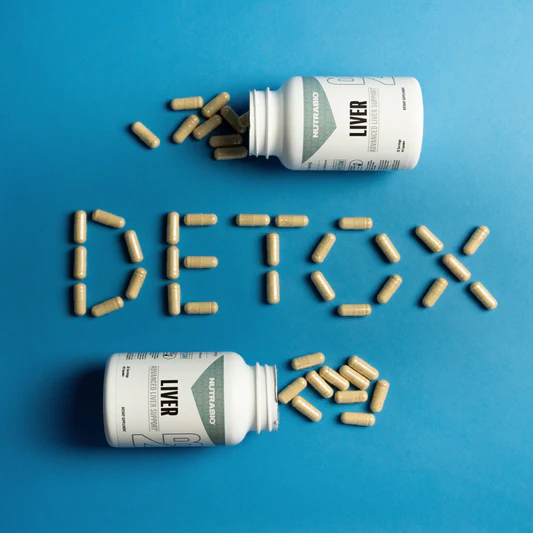
The Best Liver Detox Supplement for a Fresh Start
When was the last time you thought about your liver health? Have you ever wondered what the best liver detox supplement is to help optimize this incredibly important organ? If...
The Best Liver Detox Supplement for a Fresh Start
When was the last time you thought about your liver health? Have you ever wondered what the best liver detox supplement is to help optimize this incredibly important organ? If...
Read More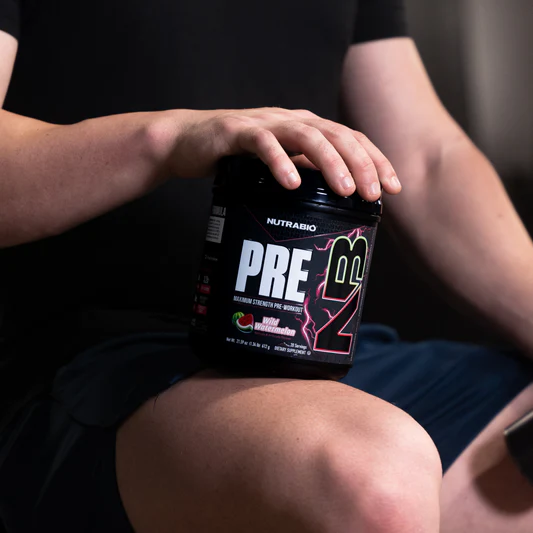
5 Reasons NutraBio PRE is the Best Pre-Workout ...
Searching for the best pre-workout powder can be exhausting. Every pre-workout supplement tends to be a little different from a profile standpoint, which can make certain products good for one...
5 Reasons NutraBio PRE is the Best Pre-Workout ...
Searching for the best pre-workout powder can be exhausting. Every pre-workout supplement tends to be a little different from a profile standpoint, which can make certain products good for one...
Read More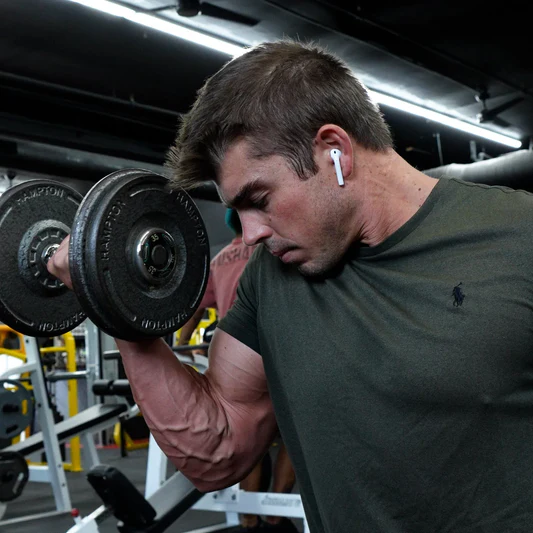
The Ultimate Guide to Muscle-Building Supplements
Are you looking for muscle-building supplements that promote muscle growth? While many claim to be able to get the job done, you’ve probably fallen short a time or two. We’ve...
The Ultimate Guide to Muscle-Building Supplements
Are you looking for muscle-building supplements that promote muscle growth? While many claim to be able to get the job done, you’ve probably fallen short a time or two. We’ve...
Read More
A BIGGER, BETTER BioCrew Leader Ambassador Prog...
Introducing the NEW BioCrew Leader Ambassador Program — our most exciting and upgraded initiative yet. For years, NutraBio fans have been asking for a revamped ambassador program. We listened...
A BIGGER, BETTER BioCrew Leader Ambassador Prog...
Introducing the NEW BioCrew Leader Ambassador Program — our most exciting and upgraded initiative yet. For years, NutraBio fans have been asking for a revamped ambassador program. We listened...
Read More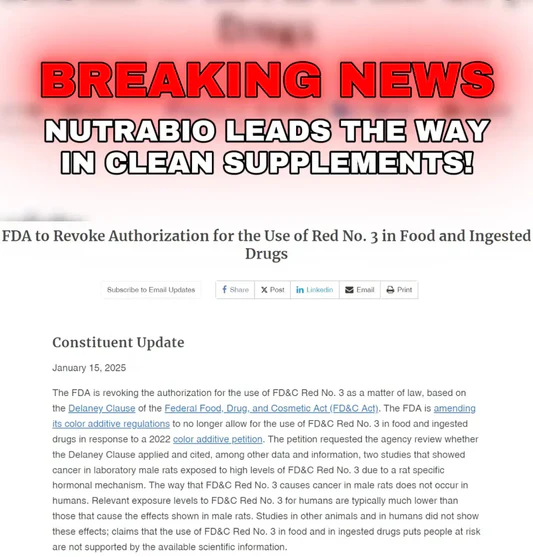
FDA Bans Red No. 3: NutraBio Leads the Clean Su...
Breaking News: FDA Bans Red No. 3 In a monumental decision, the FDA has officially banned Red No. 3, an artificial colorant linked to potential health risks. This move is...
FDA Bans Red No. 3: NutraBio Leads the Clean Su...
Breaking News: FDA Bans Red No. 3 In a monumental decision, the FDA has officially banned Red No. 3, an artificial colorant linked to potential health risks. This move is...
Read More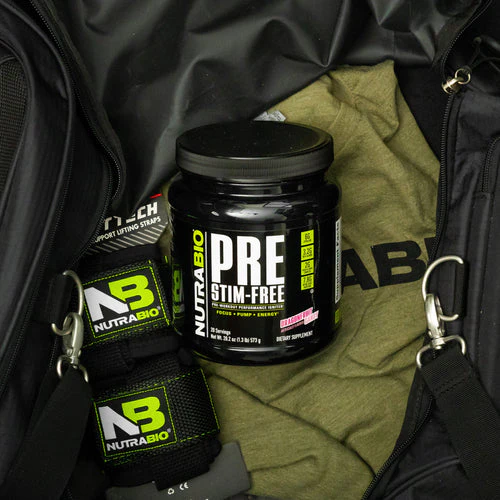
Low Caffeine Pre-Workout Supplements: Boost You...
How often have you found yourself tired and unmotivated to go to the gym? I’ve been there myself. What do we tend to do? Load up on a pre-workout powder...
Low Caffeine Pre-Workout Supplements: Boost You...
How often have you found yourself tired and unmotivated to go to the gym? I’ve been there myself. What do we tend to do? Load up on a pre-workout powder...
Read More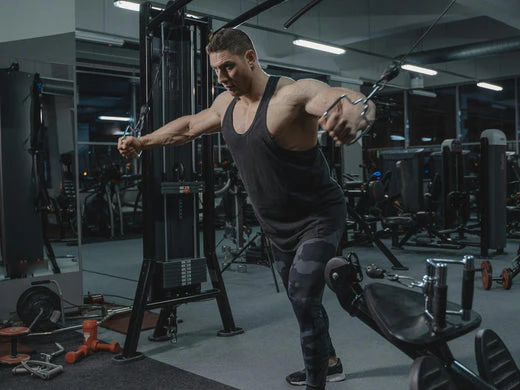
Periodization Training: How Nutrition Changes T...
Feeling stuck with your fitness goals can be frustrating. Trust me, we’ve all been there. The good news is that periodization training is the secret sauce to unlocking your true potential....
Periodization Training: How Nutrition Changes T...
Feeling stuck with your fitness goals can be frustrating. Trust me, we’ve all been there. The good news is that periodization training is the secret sauce to unlocking your true potential....
Read More
Rick Collins, Esq: A Leader in the Supplement a...
In the fields of health, fitness, and law, Rick Collins stands out as a dedicated advocate and trusted authority. With a career that has spanned decades, Rick has become internationally...
Rick Collins, Esq: A Leader in the Supplement a...
In the fields of health, fitness, and law, Rick Collins stands out as a dedicated advocate and trusted authority. With a career that has spanned decades, Rick has become internationally...
Read More
Bone & Joint Supplements: Tips for Healthy Aging
Bone and joint supplements don’t carry the same hype as pre-workouts and energy drinks, but brushing them off could cause potential issues. Let me ask you this: Are you worried...
Bone & Joint Supplements: Tips for Healthy Aging
Bone and joint supplements don’t carry the same hype as pre-workouts and energy drinks, but brushing them off could cause potential issues. Let me ask you this: Are you worried...
Read More
10 Clever Ways to Enjoy Working Out and Improve...
Life's demands can sometimes derail our fitness routines. Whether it's work deadlines, family obligations, or unexpected events, finding the motivation to exercise can be challenging. However, reigniting your passion for...
10 Clever Ways to Enjoy Working Out and Improve...
Life's demands can sometimes derail our fitness routines. Whether it's work deadlines, family obligations, or unexpected events, finding the motivation to exercise can be challenging. However, reigniting your passion for...
Read More




